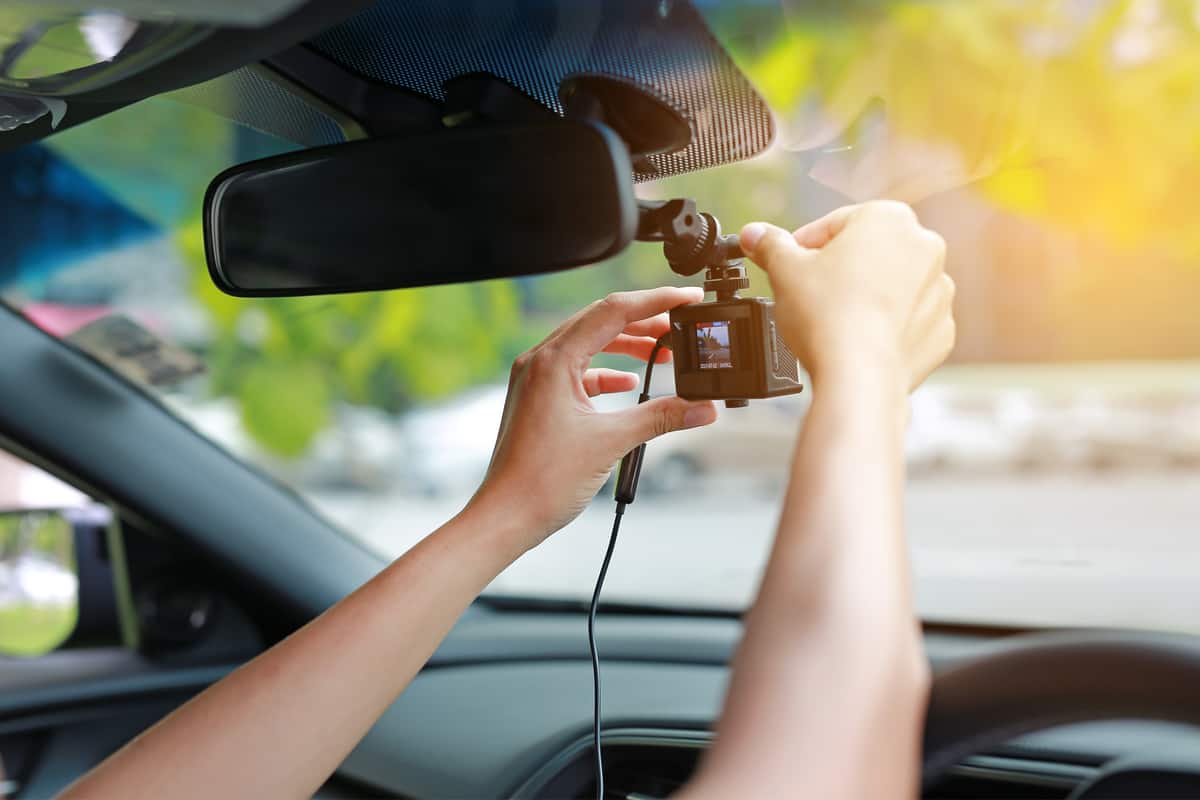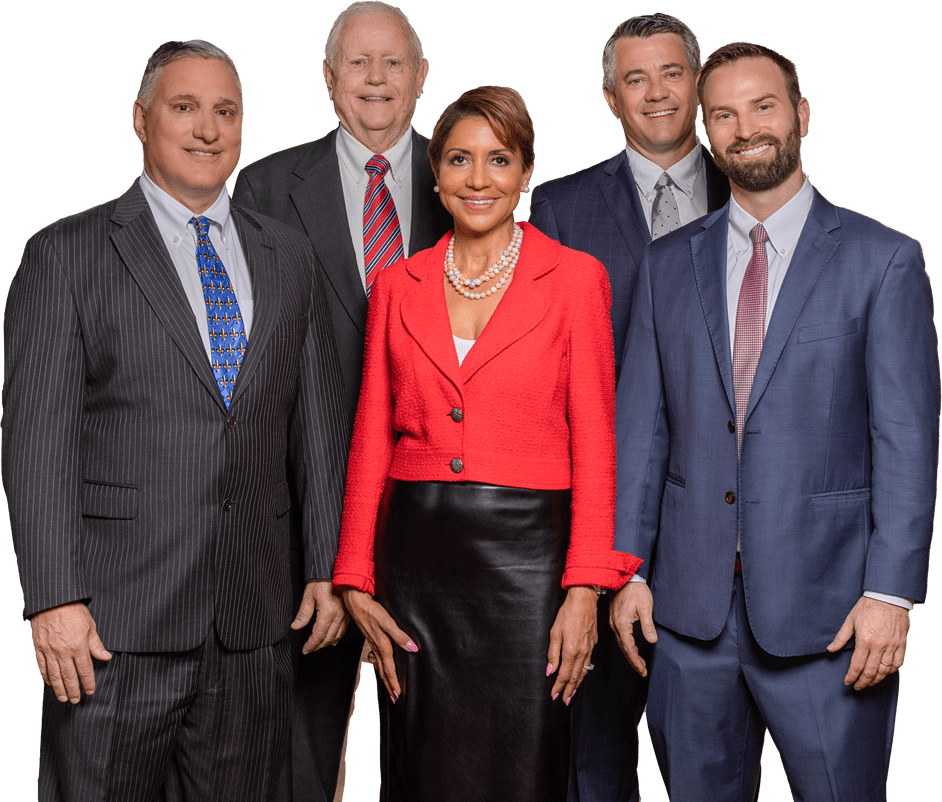
It is a common occurrence – A driver wants to turn left at a traffic light, so they ease into the intersection, waiting to turn. The light turns yellow and oncoming traffic still pours through the intersection. The turning driver is left hanging until the yellow light changes to red, signalling all traffic to stop for an instant, and allowing the turning driver to make a safe left turn.
This happened to a Tesla Model S driver earlier this year. The Tesla waited for the red light, to the safest possible moment to make the turn. The Tesla driver checked to make sure all the traffic had halted and committed to the turn, but an oncoming car blew through the red light and smashed into the side of the Tesla.
To anyone who didn’t witness the crash firsthand, like an insurance adjuster, it might look like the Tesla driver was at fault because they were trying to beat traffic with a reckless turn. Often, the turning driver assumes more fault than a driver who is heading straight down the road.
This crash had two fortunate outcomes. One, despite it being a severe crash, no one was injured. And two, the Tesla came equipped with a built-in dashcam known as a TeslaCam. The dashcam footage ultimately showed how the other driver was at fault, making it an easy decision for insurance companies to recover compensation for the totalled $100,000 Model S.
Because dash-cams are now standard in all Tesla vehicles, conflicting driver stories could be taken out of the equation. Video footage can also ease the complications of collecting witness statements and crash-scene investigations.
Unbelievably, dashcams can be traced back to the 1930s. In the 1980s, law enforcement vehicles used VHS recording on tripods. For years, insurance companies have pushed for cameras in long-haul trucks. The United States saw a 200% surge in dashcam sales in 2013. The market has continued to rise since which has normalized its use in commercial and passenger vehicles.
Right now, insurance costs are not lowered because dashcams are installed, but their presence has clarified what happened during a vehicle crash. Individual drivers, law enforcement agencies, and insurance providers have reaped the rewards regarding determining fault in insurance claims.
Technology has come a long way from VHS recorders on tripods. Mounted dash-cams on a vehicle’s dashboard or windshield offer footage with high definition or 4K capabilities. The recordings are either stored on removable SD cards or files can be wirelessly uploaded into cloud storage.
There are three types of footage to choose from:
Some dash-cams record in a continuous loop when they are switched on. Most have impact detection, recording once an impact is detected. Newer dash-cams include buffered recording on the impact detection, which records a few seconds before and after a crash occurs. High-end cameras may offer:
A lot of dashcams give users the ability to access data via a smartphone app. The application offers various benefits, including:
As previously noted, dashcams probably do not lead to direct discounts from insurance companies, but indirectly, dashcams can potentially keep insurance premiums down. Dashcams help expedites insurance claims by taking away dishonest or misremembered witness accounts.
Dashcams give first-hand evidence of an incident in any situation or environment, no matter if it occurred on a roadway or private property like a parking lot or a driveway. The footage can indisputably establish fault.
Dashcams can also benefit a driver by:
Footage can also be used to preserve good memories. A high-quality dashcam can provide all the beautiful landscapes and scenic vistas that a driver might miss by having to keep their eyes firmly on the road.
All this is not to say that there are not any disadvantages to installing a dashcam. Like any double-edged sword, dashcams can protect a driver, but if a driver is careless, it can also cut.
Because Louisiana is an at-fault state, dashcams can implicate drivers, working against a claim in several situations, including:
Dashcams usually work with limited memory, and some record over past footage when the memory is full. Recorded incidents should be downloaded and saved.
Even though dashcam footage has been used in court cases, Louisiana law has little to say about them. Technically, there are no laws making them legal, and if they do not obstruct a driver’s view, there are no laws prohibiting them.
Some consideration should be given to privacy laws. To ensure consent, any cab or ride-share vehicle should display a visible sign indicating to their passengers that they are being recorded.
Contact us at Charbonnet Law Firm, LLC immediately if you experience a car accident. We’ll fight hard for your rights and value your claim based on the laws Louisiana provides. We have a proven track record, with great results for clients represented in car accident cases. Our clients vouch for our work in their testimonials, and we aim to deliver the best service to you.
Within the personal injury and car accident domains, our attorneys handle a variety of cases, and if you can’t find the right answer in this blog, check out the other practice area-related details on our website and read more in the FAQs section. Book a free consultation today without delay to find the right legal solution!

With over 50 years of legal experience serving families in the New Orleans area and surrounding Louisiana communities, our firm takes pride in providing clients with personalized legal services tailored to individual needs.